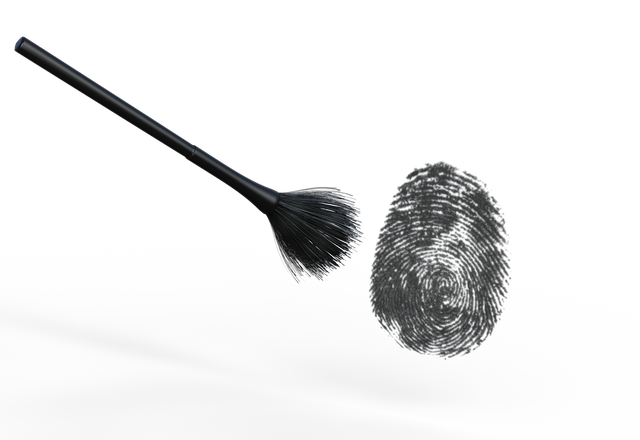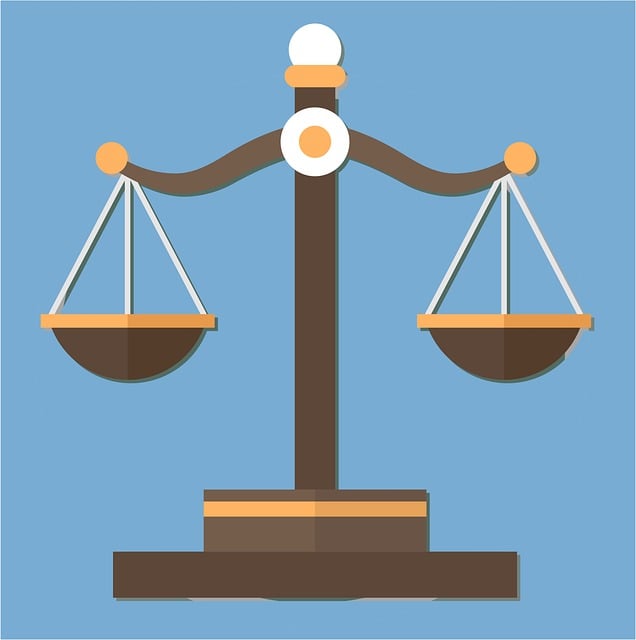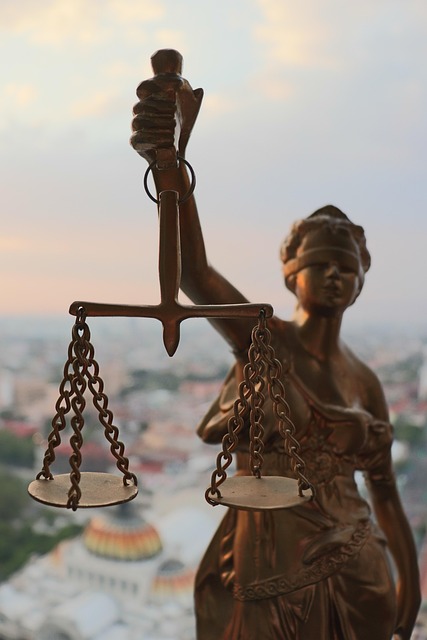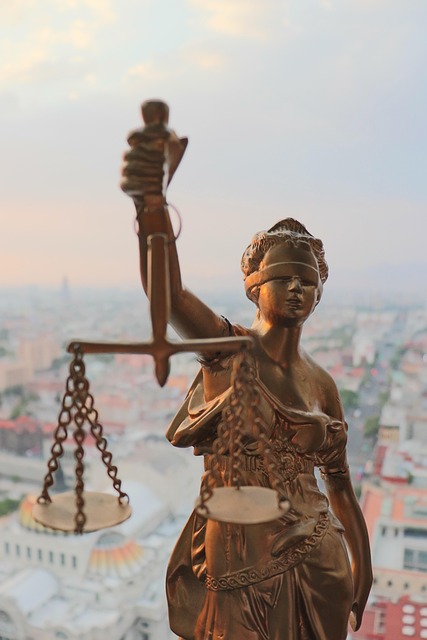The Breach of Contract Litigation Process Explained guides whistleblowers facing retaliation for exposing illegal activities within their organizations. It involves scrutinizing employment contracts for breach provisions related to confidentiality and reporting unethical practices. By demonstrating contractual obligations were violated, whistleblowers protect themselves from retaliation and foster a culture of ethical challenge. This process is crucial in white-collar and economic crimes cases, aiming to secure justice while mitigating potential indictment through legal proceedings and strategic defense strategies employing case law, industry standards, and expert witnesses.
Whistleblower Protection Lawsuits: Navigating the Complexities of Breach of Contract. In today’s digital era, whistleblowers play a crucial role in revealing corporate misconduct and ensuring accountability. Understanding whistleblower protection laws is essential for both individuals with valuable insider information and legal professionals assisting them. This article delves into the intricacies of breach of contract litigation process explained, exploring strategies for effective legal defense amidst common challenges faced by whistleblowers.
- Understanding Whistleblower Protection Laws
- The Role of Breach of Contract in These Suits
- Litigation Process: Step-by-Step Guide
- Common Challenges Faced by Whistleblowers
- Strategies for Effective Legal Defense
Understanding Whistleblower Protection Laws
Whistleblower Protection Laws are designed to safeguard individuals who expose illegal or unethical activities within their organizations. These laws offer a legal framework that encourages employees to come forward with information about fraud, corruption, and other serious misconduct, without fear of retaliation. Understanding these laws is crucial for both whistleblowers and the businesses they work for.
The Litigation Process Explained involves several steps. When a whistleblower believes he or she has been retaliated against for reporting illegal activities, they can file a claim under relevant whistleblower protection statutes. This often leads to breach of contract litigation, where the whistleblower alleges a violation of their employment agreement or company policy due to the retaliation. The goal is to secure complete dismissal of all charges against the whistleblower and protect his or her rights. In cases involving white-collar and economic crimes, experienced legal counsel can be instrumental in navigating this complex process and advocating for the best outcome for their clients.
The Role of Breach of Contract in These Suits
In whistleblower protection lawsuits, breach of contract plays a pivotal role, especially when addressing violations within organizations. The litigation process for such cases often involves a detailed examination of employment contracts and agreements to determine if there has been a breach. This includes analyzing provisions related to confidentiality, non-disclosure, and the reporting of illegal activities. When whistleblowers can demonstrate that their employer or colleague has violated these contractual obligations, it strengthens their legal position significantly.
Breach of contract litigation in this context offers an unprecedented track record for those seeking justice. By presenting evidence of a clear breach, whistleblowers can lead to complete dismissal of all charges against them, ensuring protection from retaliation and fostering a culture where unethical practices are challenged without fear of personal harm. This legal strategy is crucial in combating white-collar and economic crimes, as it encourages individuals to come forward with vital information while safeguarding their rights.
Litigation Process: Step-by-Step Guide
Whistleblower protection lawsuits involve a complex breach of contract litigation process. Here’s a step-by-step guide to help understand this legal journey:
1. Identifying the Breach: The first step is recognizing and documenting the breach of contract. This often centers around an employee’s disclosure or report of illegal, unethical, or fraudulent activities within their organization, as protected under whistleblower protection laws. Understanding the specific terms of the employment contract and relevant whistleblower protection statutes is crucial for this phase.
2. Reporting and Preservation: Once identified, the next crucial step involves reporting the breach to the appropriate authorities while preserving evidence. This may include internal reports to management or external disclosures to law enforcement and regulatory bodies. Keeping detailed records, including timelines, communications, and any supporting documentation, is essential to strengthen the case and demonstrate good faith efforts to resolve the issue before legal action.
3. Legal Consultation: Consulting with a qualified attorney specializing in white-collar defense is vital for navigating the complexities of whistleblower protection laws. They can advise on the best course of action, whether formal complaints, negotiations, or litigation are required to address the breach and ensure protection from potential retaliation.
4. Filing a Complaint: If efforts to resolve the issue through reporting and negotiation fail, filing a formal complaint with relevant agencies or courts becomes necessary. This process involves meticulous preparation, including gathering and presenting evidence that demonstrates the breach of contract and the whistleblower’s rights under applicable laws, especially when protecting philanthropic and political communities.
5. Legal Proceedings: The litigation process includes pretrial activities, depositions, motion hearings, and ultimately a trial or alternative dispute resolution. Throughout, both parties present their cases, with the goal of securing a favorable outcome that ensures justice for the whistleblower while avoiding indictment where appropriate.
Common Challenges Faced by Whistleblowers
Whistleblowers often face significant challenges when they decide to speak up against illegal or unethical practices within their organizations. One of the most common hurdles is breach of contract litigation. When employees who uncover wrongdoing are terminated or subjected to adverse employment actions, they may have grounds for a lawsuit, alleging breach of contract or violation of employment agreements. These cases can be complex, as they require a careful examination of the terms and conditions outlined in the contracts between employers and employees.
The litigation process involves navigating through strict legal procedures and presenting compelling evidence to prove the breach. Whistleblowers must demonstrate that their employer had a duty to protect them, that this duty was breached, and that the breach caused them harm. Given the sensitive nature of their disclosures, it’s not uncommon for whistleblowers to face retaliation, making it crucial to have strong legal representation. The exceptional white collar defense strategies employed by lawyers specializing in these cases can prove instrumental in protecting whistleblowers’ rights and securing just outcomes, especially considering the wide range of corporate and individual clients they often represent. Their unprecedented track record in defending against such lawsuits showcases their expertise in this specialized field.
Strategies for Effective Legal Defense
In navigating whistleblower protection lawsuits, a robust legal defense strategy is paramount. One key approach involves understanding and leveraging the nuances of the breach of contract litigation process. This process allows for a thorough examination of the allegations, providing opportunities to challenge the validity of claims through evidentiary presentation and legal arguments. By carefully navigating this process, defendants can effectively counter accusations, especially in cases involving white collar defense and white collar and economic crimes, where avoiding indictment is a primary concern.
Strategic use of case law, industry standards, and internal policies can bolster the defense’s position. Additionally, early intervention through motions to dismiss or for summary judgment can help weed out baseless claims, conserving resources and time. Expert witnesses and detailed documentation play crucial roles in unraveling complex allegations, demonstrating compliance with contractual obligations, and ultimately guiding the case towards a favorable outcome.
Whistleblower Protection Lawsuits, while complex, offer crucial avenues for individuals brave enough to expose corporate or government misconduct. Understanding both whistleblower protection laws and breach of contract principles is essential in these cases. By following a well-defined litigation process, whistleblowers can navigate the legal challenges they face. This guide has outlined key steps from initial reporting to potential strategies for defense, emphasizing the importance of legal expertise in breach of contract litigation. Remember that effective advocacy not only protects whistleblowers but also ensures transparency and accountability in organizations.






